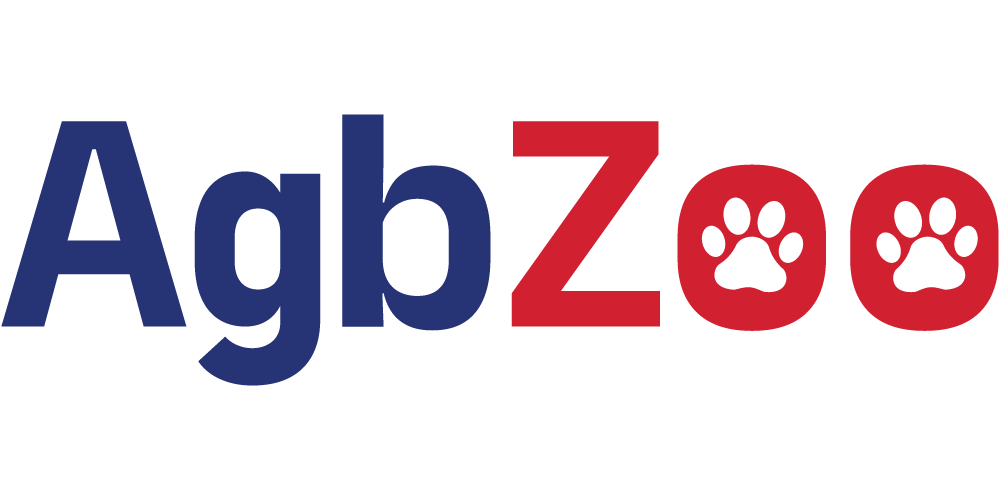- Dry food for adult dogs, used for kidney failure. 12kg pack.
Save by buying more

no pork PURINA Pro Plan Veterinary Diets NF Renal Function 2x12kg
PURINA Pro Plan Veterinary Diets NF Renal Function 12kg - Product description
PURINA Veterinary Diets NF Renal Function is a dietary food for dogs, low in phosphorus and limited in protein but high in quality, designed to support renal function in cases of chronic renal failure. It provides a complete, balanced food for adult dogs.
Composition
- Maize
- Rice*
- Dried egg*
- Dried whey*
- Animal fat
- Sugar
- Digest*
- Dried beet pulp*
- Mineral ingredients
- Soybean oil
- Fish oil
- Calcium carbonate
Composition analysis
- Moisture content 7.0%
- Protein 13%
- Sulphur amino acids 0.67%
- Oils and fats 14.5%
- Omega-6 fatty acids 2.5%
- Omega-3 fatty acids 0.3%
- Carbohydrates 59%
- Crude fibre 2%
- Calcium 0.8%
- Phosphorus 0.3%
- Potassium 0.8%
- Magnesium 0.07%
- Sodium 0.2%
- Sulphur 0.21%
- Vitamin E 300 mg/kg
- Vitamin D3 850 IU/kg%
- Purines 0.06%
Additives
- Vitamin A (31 000 IU/kg)
- Vitamin D3 (1 000 IU/kg)
- Vitamin E (350 IU/kg)
- Ferrous sulphate monohydrate (100 mg/kg)
- Calcium iodate anhydrous (2,6 mg/kg)
- Copper sulphate pentahydrate (12 mg/kg)
- Manganese sulphate monohydrate (47 mg/kg)
- Zinc sulphate anhydrous (160 mg/kg)
- Sodium selenite (0.14 mg/kg)
Dosage
| Weight of dog | Daily portion in grams |
| 2.5 kg | 65 g |
| 5 kg | 105 g |
| 10 kg | 165 g |
| 15 kg | 220 g |
| 25 kg | 310 g |
| 35 kg | 385 g |
| 45 kg | 455 g |
| 70 kg | 615 g |
The manufacturer does not limit the size of the animal.
Additional information
Indications:
Renal failure.
Liver diseases associated with hepatic encephalopathy.
Early stage of congestive heart failure.
Hypertension.
Contraindications:
Diseases requiring an increased amount of protein or phosphorus.
Pregnancy, growth period.
NF also contains reduced calcium, vitamin D3 and urine-alkalising ingredients, which are recommended for patients with known oxalate lithiasis.
Reduced phosphorus content - Helps prevent the development of hyperphosphatemia and associated kidney damage.
Reduced but high protein levels - Reduces the formation of uremic toxins and the absorption of non-essential amino acids.
Reduced sodium content - Prevents hypernatremia at a time of reduced ability to regulate this element.
Source of omega-3 and omega-6 fatty acids - Help reduce hypertension in the glomeruli and minimise inflammation of affected kidneys (thereby reducing the risk of hypertension).
Non-acidifying urinary diet - Leads to a urinary pH of 6.7-7.1 when fed at will, which reduces the risk of acidosis and supports the therapy of oxalate lithiasis.
Desired urinary pH of 7.1 +/- 0.4.
*Protein sources






